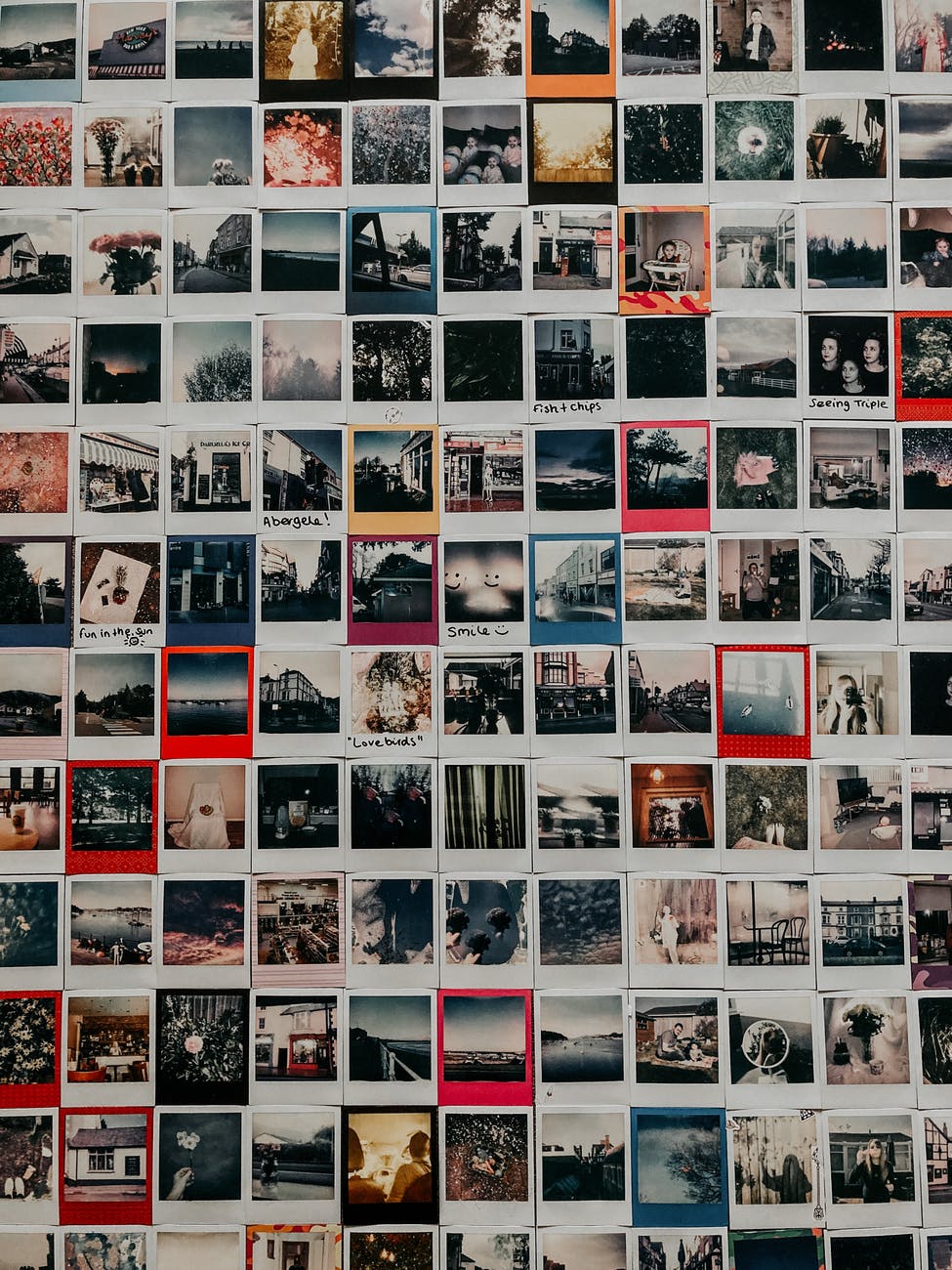Before it was cool again, one of my favorite books that I read in high school, was George Orwell’s 1984. A close friend and I found the novel so compelling, that we even wrote a satirical screenplay inspired by the plot, set in our high school. In our post-9/11 Texas public high school, we saw connections between own world and Orwell’s imagined one, particularly in the ways in which information and diversity of thought could be treated as a threat.
In 1984, the government, run by a possibly-fictitious Big Brother, tightly controls the official narrative. The nation is constantly at war with an ever-shifting enemy. The Party controls the population through surveillance and requires them to participate in public rallies where they chant hate slogans directed toward the proclaimed enemy. Information is always subject to revision; facts that are no longer accepted are sent down a literal “memory hole,” physically destroying the evidence that another version of events ever existed.
Orwell’s work articulates questions that continue to be relevant. It highlights how easily can be manipulated, the role that control of information can play in creating a repressive society, and, in contrast, how essential the free-flow of information is to an open society.
In contrast, the Torah, and much of Jewish text and tradition, I would argue, presents a vision of a society that is an anti-1984. We glimpse elements of this alternative vision in this week’s Torah reading from Parashat Pinchas.
Following the events of the Israelites’ apostasy at Baal-Peor and the plague that struck the community as a result, God instructs Moses to take a second census of all of the tribes. Interestingly, it is not just a list of numbers. Interwoven among the enumeration of each tribe is a narrative of events that have occurred over the course of the people’s travels in the wilderness. In particular, the text highlights the events that we might prefer to forget – the rebellion of Korach and his followers (Num. 26:9-11); the deaths of Nadav and Avihu, Aaron’s sons who perished when offering alien fire (Num. 26:61); and the story of the scouts who convinced the people not to enter the land, resulting in God’s decree that the people would wander for 40 years and a new generation would arise before they would be permitted to enter.
Now, think about what an Orwellian editor might do with the text of our parasha and with the Torah as a whole. The impulse to censor, to tidy up a story in order to present our own community and leadership in the best possible light, is so common that it is actually shocking how much the Torah and later Jewish tradition preserve the most difficult moments in our sacred history as well as the successes. It isn’t whitewashed.
This sensibility, a commitment to presenting truth even when it isn’t flattering and allowing for multiple voices, is one of the things that I value most deeply in Judaism and is what drew me to find my home in this community.
Our tradition as it developed, beginning with the foundational document of the Torah itself, allows criticism even of the individuals who are considered to be prophets, and the founders of the Jewish people. Criticism is not seen as heresy; rather, we understand that even our most respected figures are human beings with all their foibles and imperfections; that they, like us, can learn from their mistakes, and that we preserve the past, warts and all, to chart a better present and future.
The impulse to censor is one that we see continue to see around the world, and even in our own country. Those who wish to hold onto power often seek to suppress information that would challenge that power.
Our reading of the Torah serves as a reminder to strive for honesty in the telling of history and to demand truth. Our foundational narrative provides us with a model of a different path than that we see taken so often by leaders – a path that embraces the messy reality, rather than suppressing inconvenient truth; that responds to suffering and wrongdoing not by ignoring or denying it, but by acknowledging it and seeking to do better.
(Based on a d’var Torah given 7/3/2021)
